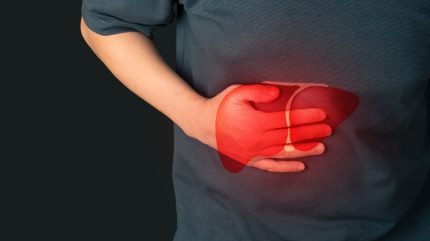

SCG has revealed late-breaking data outcomes from the Phase I clinical trial of autologous hepatitis B virus (HBV)-specific T-cell receptor-engineered T Cell (TCR-T) therapy, SCG101.
The therapy, which targets hepatitis B surface antigen (HBsAg), showed substantial antiviral activity in individuals with advanced HBV-related hepatocellular carcinoma (HBV-HCC).

Discover B2B Marketing That Performs
Combine business intelligence and editorial excellence to reach engaged professionals across 36 leading media platforms.
In the trial, 12 subjects received a single intravenous dose of the therapy, with doses ranging from 5.0×10⁷ to 1.0×10⁸ TCR⁺ T cells/kg.
Remarkably, all the subjects exhibited a significant decrease in serum HBsAg levels, with 92% of them achieving a decrease of 1.0 to 4.6 log₁₀.
Furthermore, the reduced levels persisted below 100 IU/mL for up to one year, with four subjects experiencing complete HBsAg loss within 21 days post-infusion.
SCG101’s safety profile was observed to be generally favourable, with the therapy being tolerated well.

US Tariffs are shifting - will you react or anticipate?
Don’t let policy changes catch you off guard. Stay proactive with real-time data and expert analysis.
By GlobalDataThe most common adverse events related to the treatment were consistent with the therapy’s mechanism of action, which includes targeted immune activation and mediated clearance of diseased hepatocytes and HCC cells.
SCG cell therapy CEO Christy Ma said: “The positive data from our Phase I trial marks a significant milestone in the development of SCG101, our first-in-class HBV-specific TCR-T therapy. These results not only demonstrate the potential of SCG101 to achieve meaningful and durable antiviral responses in patients but also underscore the unique approach we are taking in HBV-specific TCR T cell therapy.
“We are encouraged by these early findings and are committed to advancing SCG101 through clinical development as we work towards providing a new therapeutic option for patients suffering from this challenging disease.
The therapy has received trial approvals from regulatory bodies including the China National Medical Products Administration (NMPA), the US Food and Drug Administration (FDA), the Hong Kong Department of Health (DOH), and the Singapore Health Sciences Authority (HSA).
A Phase I/II trial assessing SCG101 is currently in progress.
Cell & Gene therapy coverage on Clinical Trials Arena is supported by Cytiva.
Editorial content is independently produced and follows the highest standards of journalistic integrity. Topic sponsors are not involved in the creation of editorial content.






